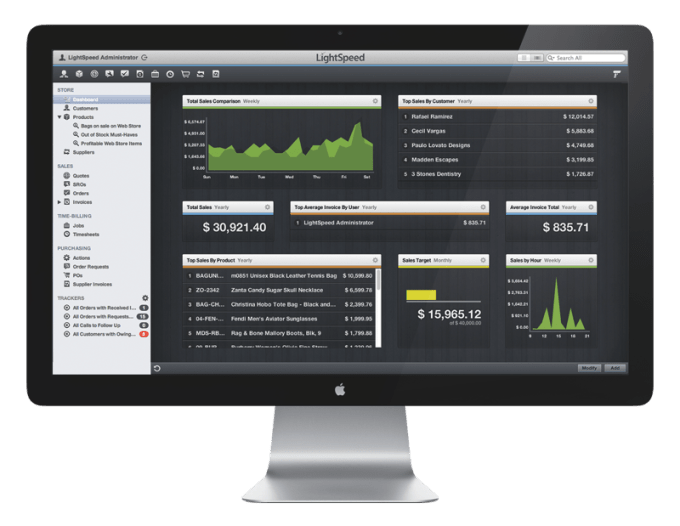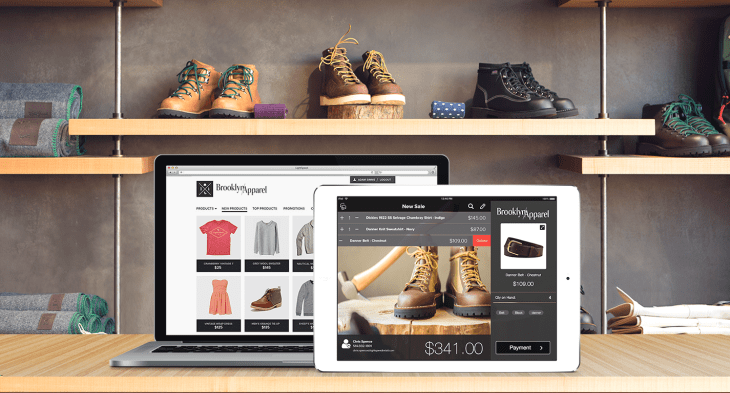LightSpeed, a Montreal-based startup that provides point-of-sale software for retailers, is expanding into the restaurant and hospitality industry. The company, which last month bagged a $35 million investment round led by iNovia Capital, helps brick-and-mortar retailers increase their sales and improve customer experiences online, has also announced the acquisition of Belgian startup POSIOS.
The undisclosed deal has created the company’s European development headquarters in Ghent, Belgium — POSIOS’ own office — and its new LightSpeed Restaurant product, which will be managed out of Europe. POSIOS provides a similar retail management app for restaurants, event managers and caterers; that software is being used to power LightSpeed Restaurant.
The new restaurant service is available right away and, like its flagship retail service, it provides a single view of sales and inventory data, customer insights for repeat customers, and a central platform for updating listings, images and prices across multiple restaurants and websites.
LightSpeed doesn’t just work on the back end, it also helps retailers and restaurants manage their visual menus, customer tabs, seating and tables, and payments and bills.

“Expanding into hospitality furthers our vision to bring sophisticated, yet accessible technology to all of Main Street,” said Dax Dasilva, Founder and CEO of LightSpeed, in a statement.
Of the POSIOS deal, Dasilva said that it “underscores our commitment to investing in Europe,” while the move into hospitality is part of “our desire to create forward-thinking technologies that anyone can use.”
Following the deal, LightSpeed now services more than 21,000 businesses worldwide. The company claims that its platform is on track to process $8.2 billion in sales transactions per year.
LightSpeed, which was founded in 2005, has offices in Montreal, New York, Olympia, Ottawa, Santa Cruz and — now — Belgium. The company is also backed by Accel, which invested $30 million back in June 2012.
